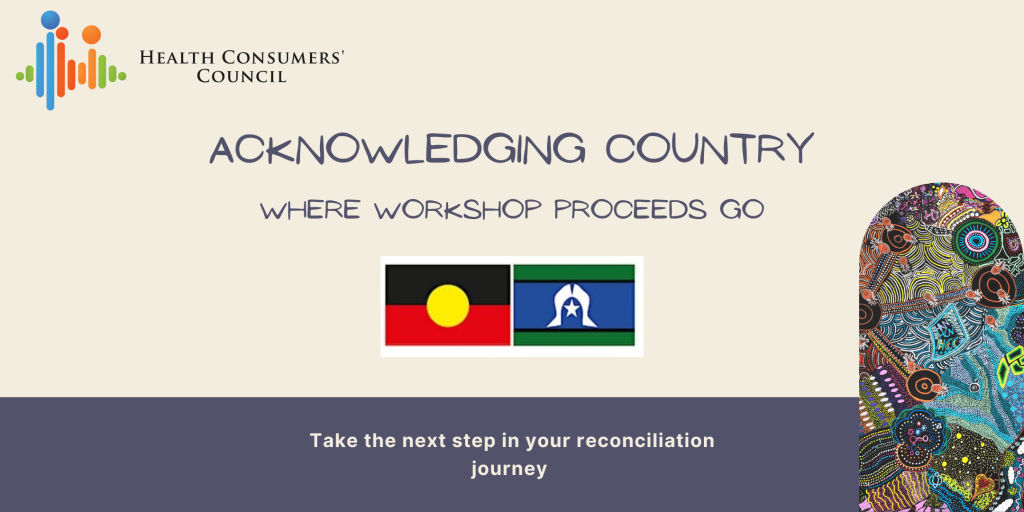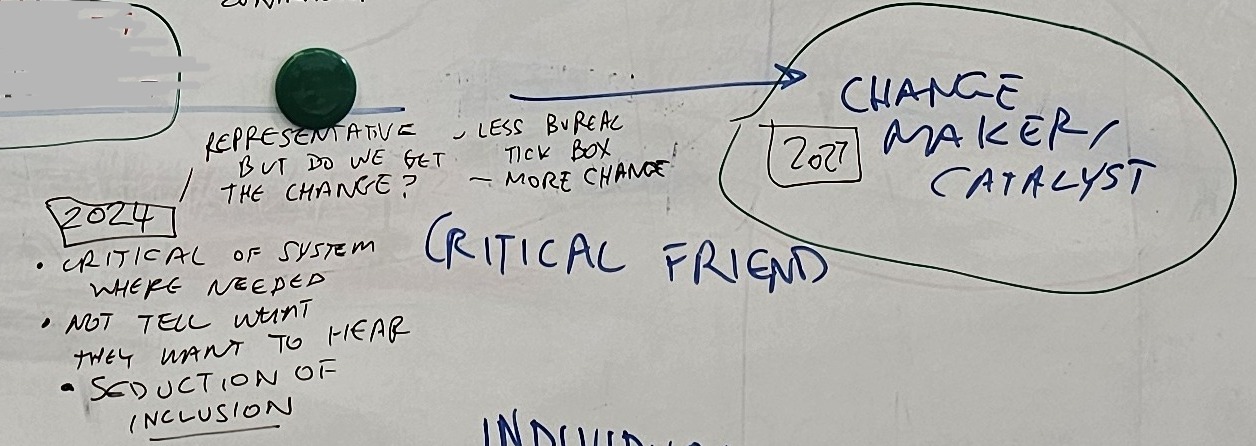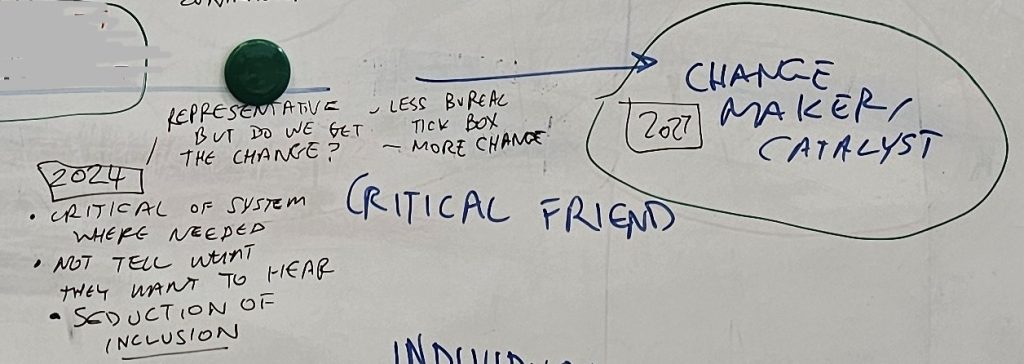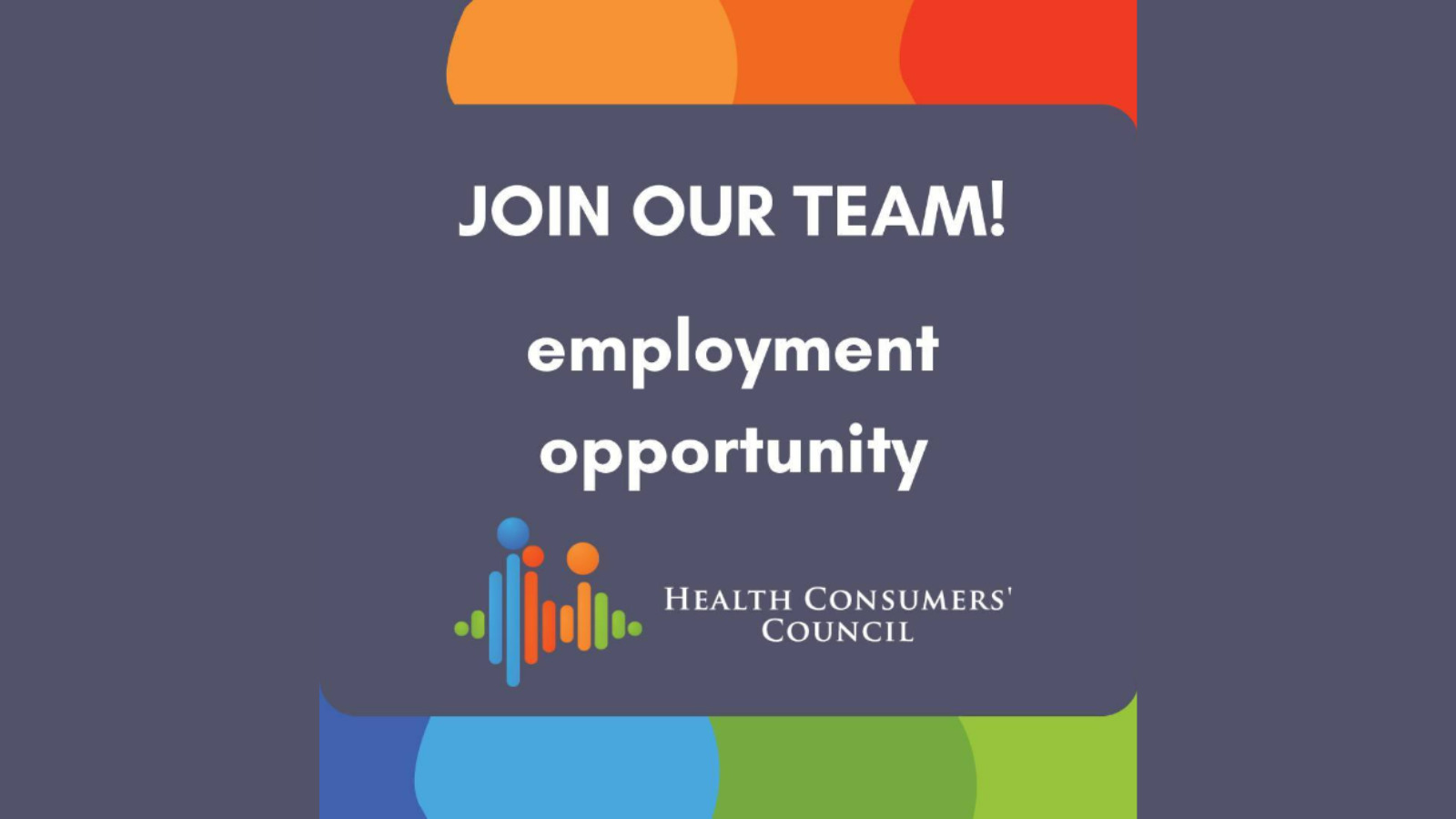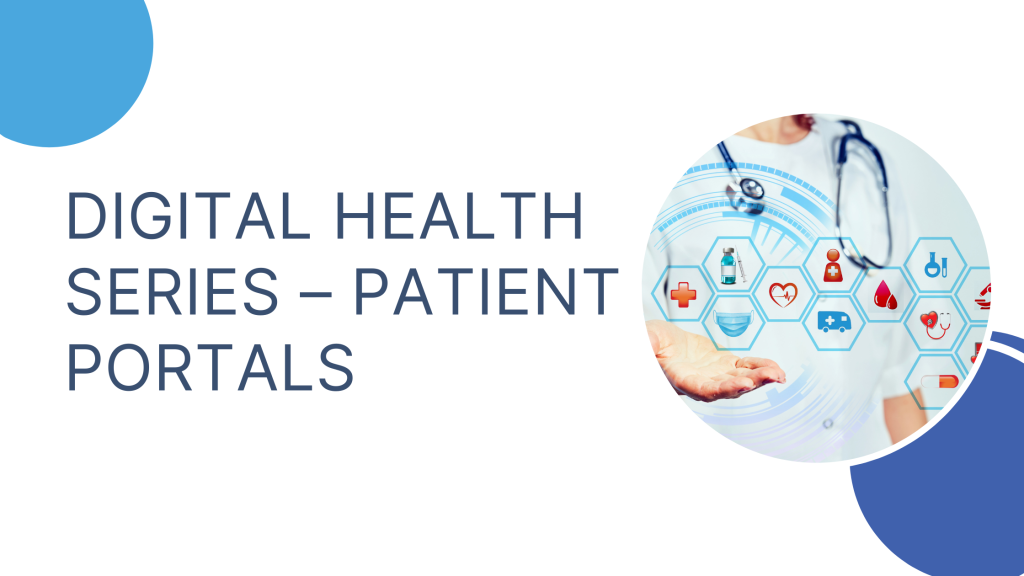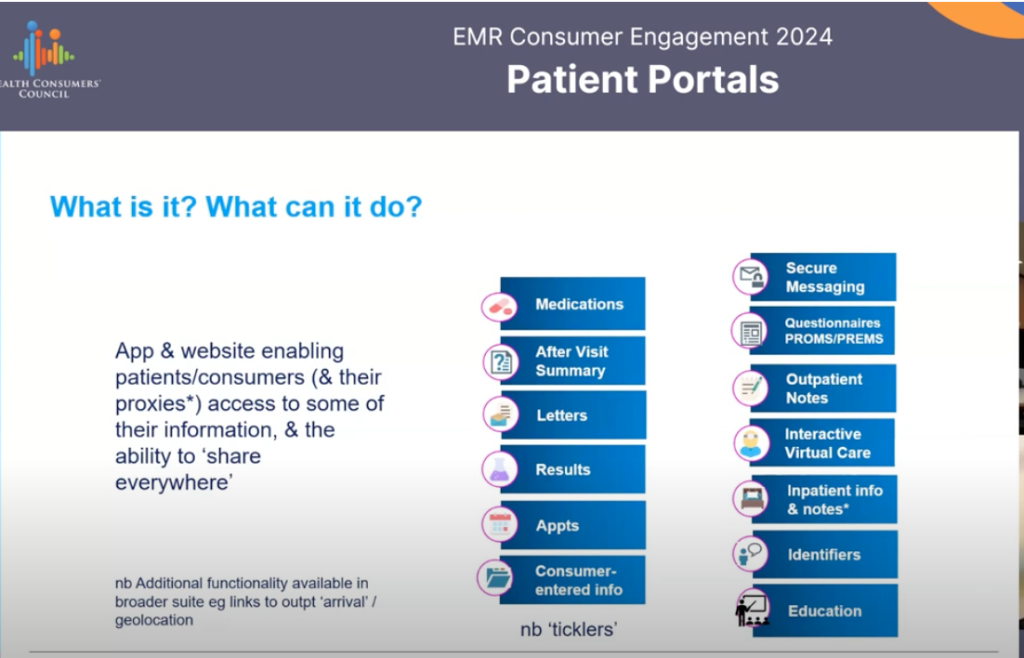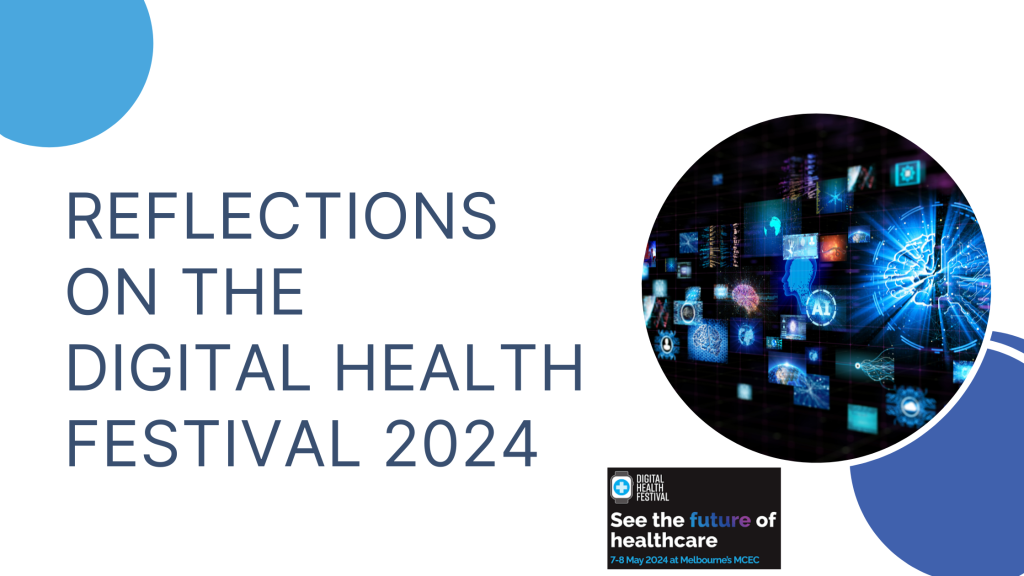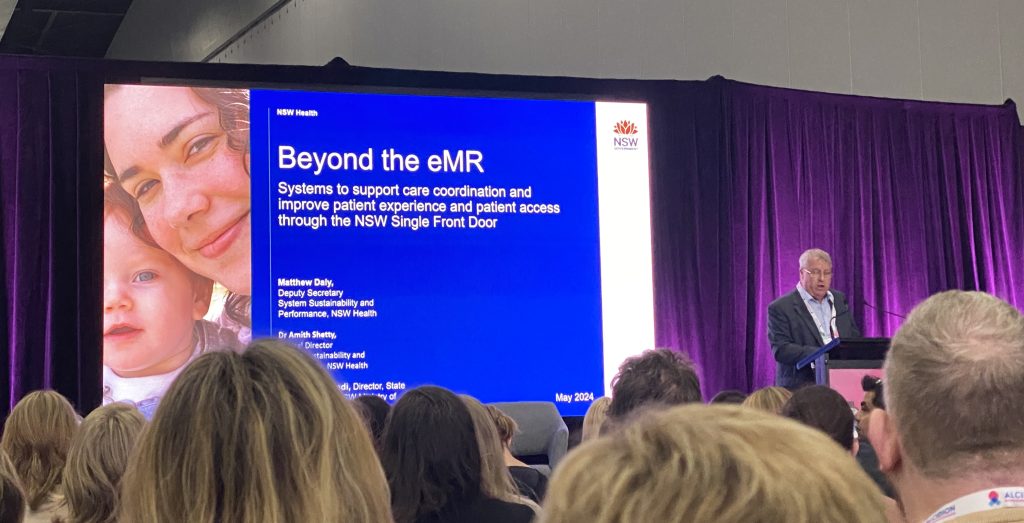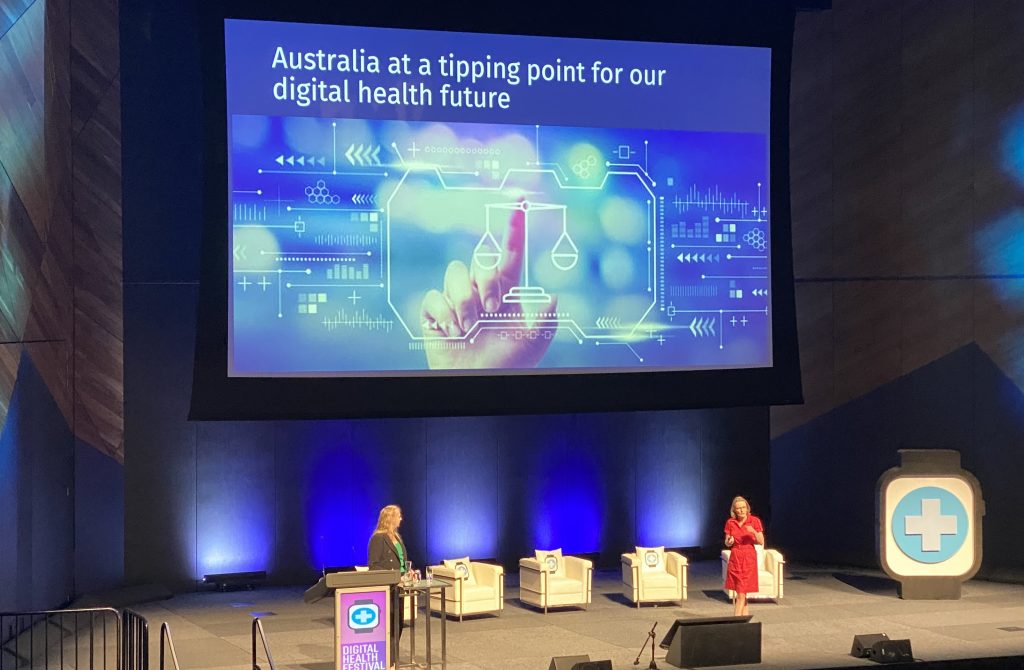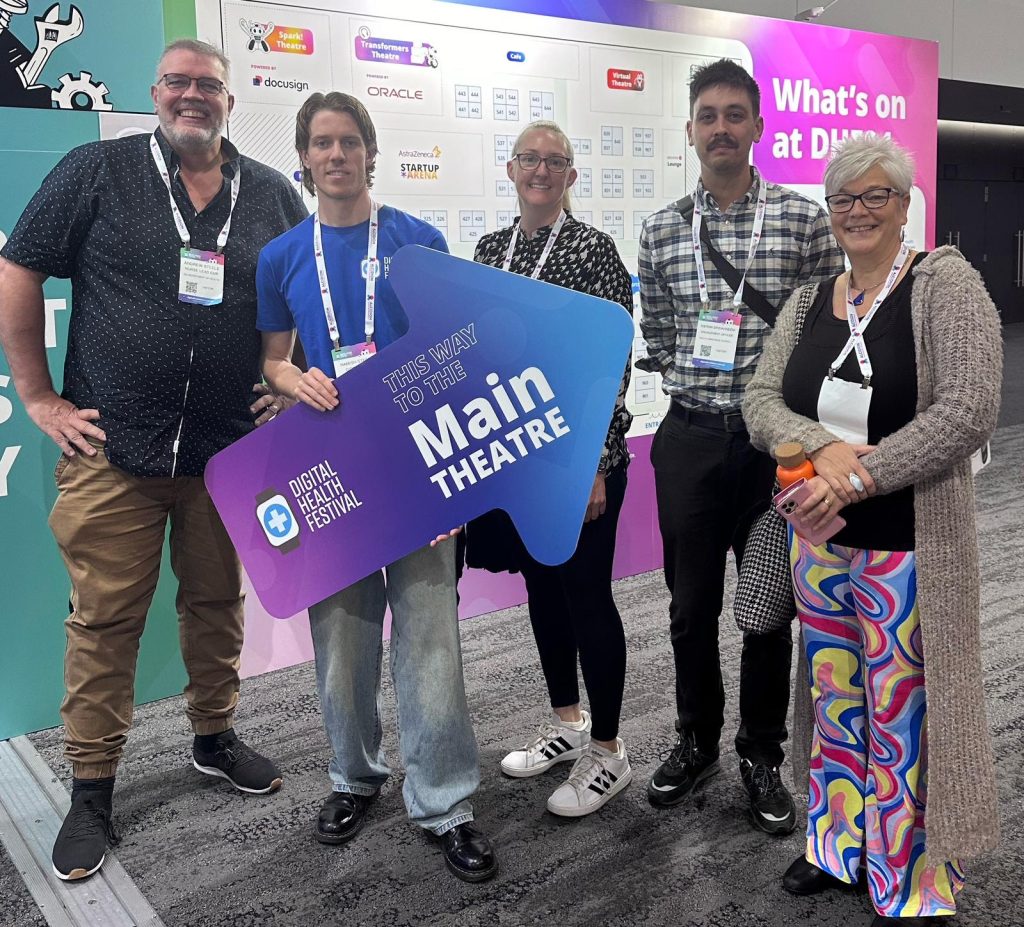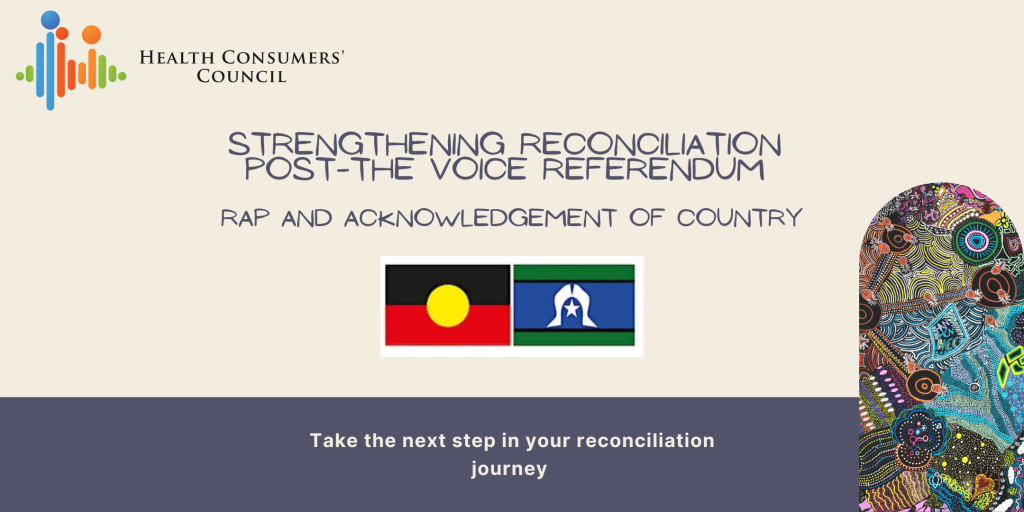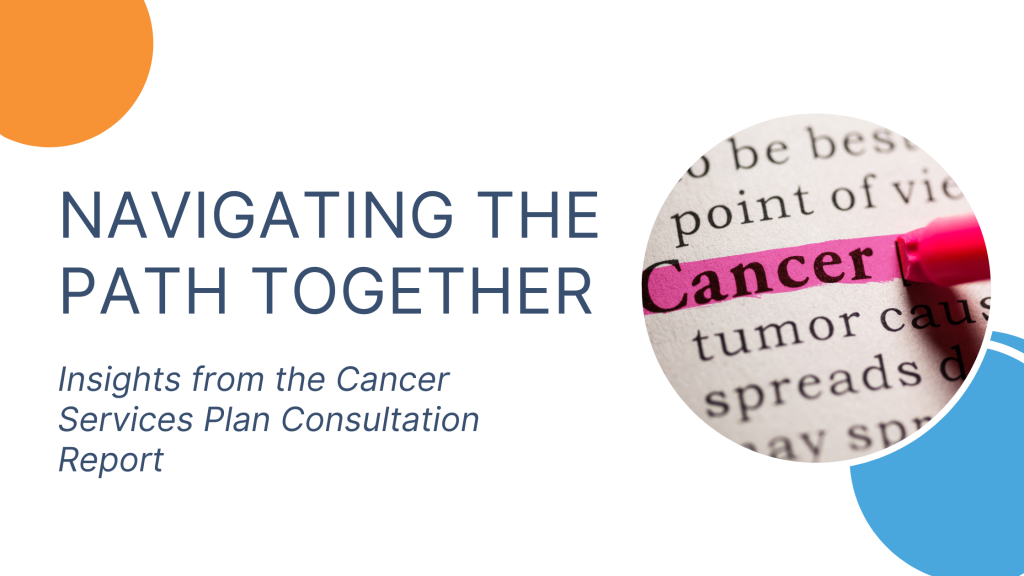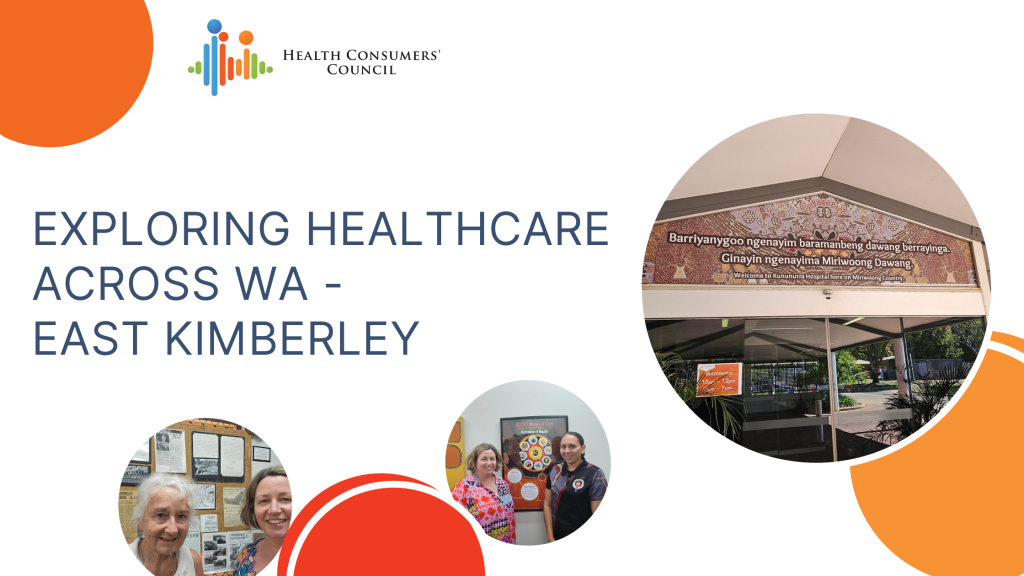
By Clare Mullen, Executive Director
As I write this in Perth we are deep in the Noongar season of Makuru which is the coldest and wettest time of the year in the south west of WA. It’s hard to believe that only a week ago I was waking to warmth and sun as I spent a few days in and around Kununurra on the land of the Mirriwoong and Gajerrong people in the East Kimberley. It was my first visit to the region, but it won’t be my last!
I was there because I’ve set myself a goal of visiting more of this beautiful state because through this job I’m often in the situation where I’m representing the whole of the WA community. Early in my time in WA, I had the opportunity to travel to Meekatharra, Wiluna, and Geraldton to learn about people’s experiences of accessing maternity care. This was my first exposure to the WA country and what I saw and learned then has stayed with me since. I’m keen to deepen my understanding of the reality of people’s experiences accessing healthcare and achieving their health goals across this vast landmass.
HCC doesn’t yet have a budget for these kind of exploratory trips, and so I’m incorporating a few work-related meetings into my holiday. (I’m a big fan of community events like Agricultural Shows so if you know of any community activities that are happening that I could coincide a trip with in your region, please let me know!)
I’ve returned from the East Kimberley re-energised to continue to champion and amplify the voices of consumers and community members living in that region, as well as with a new appreciation of the reality of delivering healthcare in that regional setting.
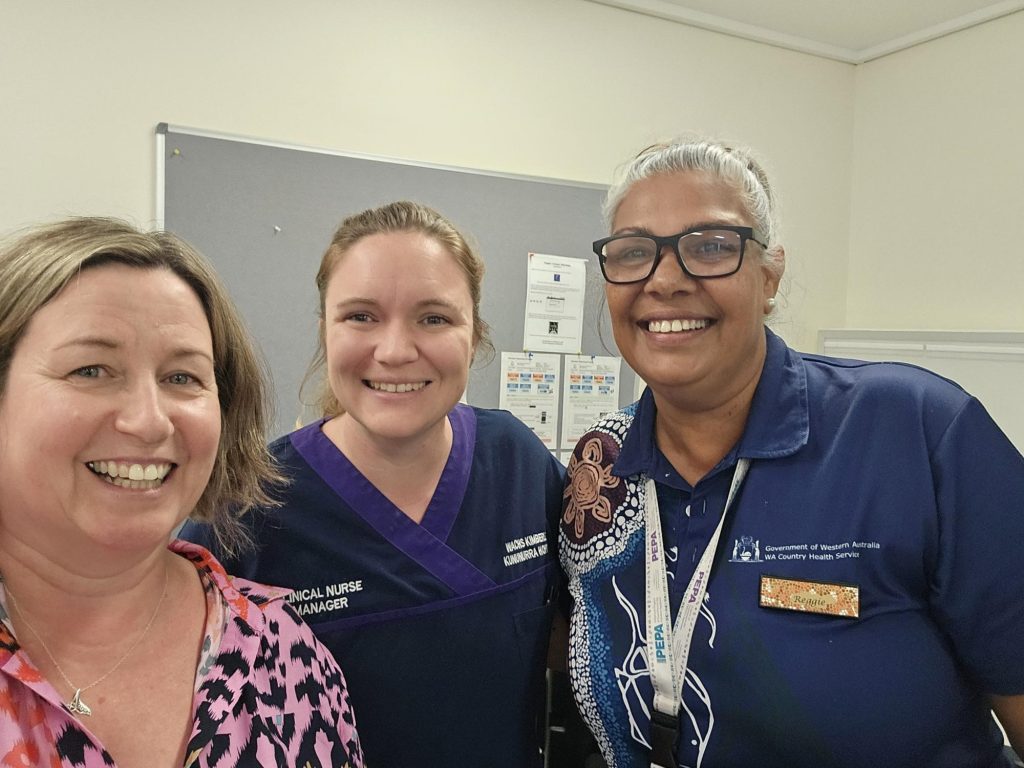
Clare, Rose and Reggie at the Kununurra Hospital
When I was there I met with Maxine, the Chair of the District Health Advisory Council (DHACs are the consumer committees in the WA Country Health Service) and I learned a bit about some of the local health issues. Maxine also volunteers at the Wyndham Museum, so I took the opportunity to visit and drove there from Kununurra – a 2 hour round trip which many people in Wyndham need to do if they need inpatient care, which is accessed at Kununurra Hospital. I learned a bit about the reality of accessing healthcare in a community with a relatively small population – there are just under 1,000 residents in Wyndham – and the practical challenges faced by people who may be trying to access healthcare 100km away from home with no public transport. And that’s not even talking about when people have to travel to the metro area for specialist care!
Still in Wyndham, I met with James Gibson, CEO of the Ngnowar Aerwah Aboriginal Corporation. As well as convincing me that I need to visit the region in the wet season to really appreciate its beauty, James outlined the experiences of Aboriginal people in Wyndham and the surrounding areas when trying to access culturally safe healthcare. We also discussed the broader issue of culturally safe care across all health services, including the importance of individual advocacy. Ngnowar Aerwah already do a lot of advocacy for the people who use their services, and HCC is keen to extend the availability of our Individual Advocacy to more parts of the state, so there may be opportunities for us to work together.
Back in Kununurra, I met with Maria and Kylie at the Majarlin Kimberley Centre for Remote Health, Mary at the Ord Valley Aboriginal Health Service, and Dale, Jo and the team at WA Country Health Service – East Kimberley.
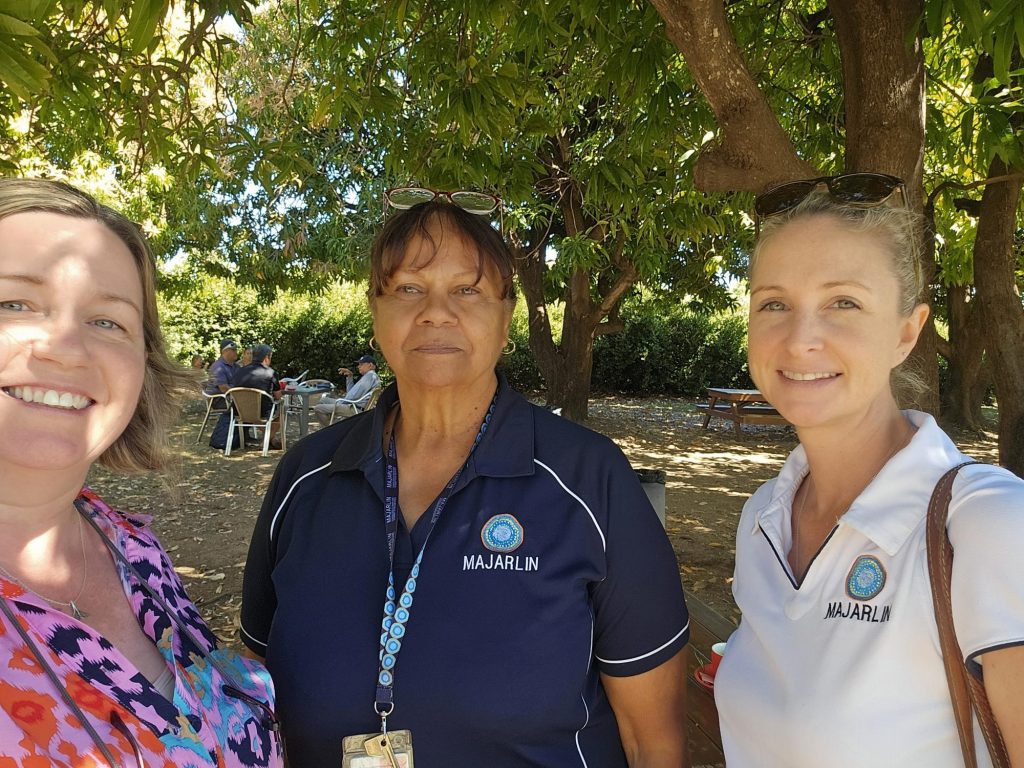
Clare, Maria and Kylie
From these discussions I’ve come away with a better sense of some of the local health issues, including:
- The fierce passion and commitment that everyone working in the region has to delivering great care for the people of the East Kimberley
- The practical challenges of navigating the Patient Assisted Travel Scheme (PATS) and how the logistics of travelling to the metro area can impact negatively on people’s experience of healthcare
- The challenges of providing palliative care across a huge geographical area with a small population
- The pressures on volunteers and community leaders in a small community where multiple demands can make it difficult for people to be involved in every opportunity that comes up
- The importance of ensuring a variety of mechanisms for gathering and responding to consumer feedback that enable people who may not respond to “standard” approaches to still have a say in health.
I had timed my trip to coincide with the Kununurra Agricultural Show and on the flight up to Kununurra I had the good fortune to be seated next to Owen from Regional Men’s Health. He was heading to Kununurra as they had a stand at the show, something they do regularly in the East Kimberley and elsewhere.
In amongst these work meetings I also had plenty of down time – including swimming in the vast waters of Lake Argyle, taking in the awesome (in the true meaning of the word) landscapes, and just sitting in the peace of Mirima National Park, surrounded by the spectacular rock formations while listening to the birds.
I feel very privileged to live and work in WA and I’m looking forward to exploring more of it.
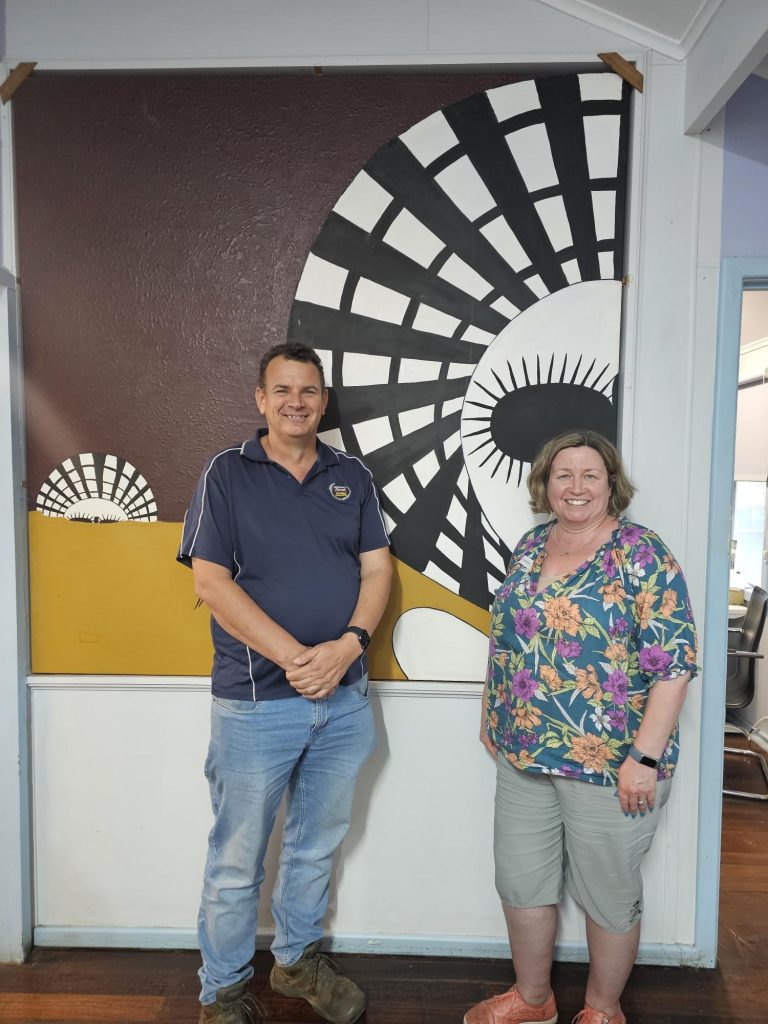
Clare and James Gibson




